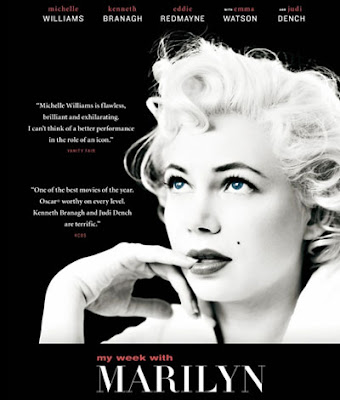Once as an undergaduate when I was writing an essay about eighteenth-century drama, a friend challenged me to get in the words paradiddle, iconoclastic and whirligig - which I managed. I actually got an A for the essay so either the lecturer wasn't reading it very closely, or he appreciated the linguistic contortions necessary to fit in seemingly irrelevant words.
Ever since then, I have loved the appearance of slightly out-of-the-ordinary words popping up in unusual places, whether it be football commentary or furniture assemblage leaflets. Perhaps it is not so, but I always imagine that the author/ speaker has had a bet with someone that they will somehow insert this word into their particular piece of prose. My favourites change often, but here are the current crop.
5 Words to Slip into Sentences:
- Scatological - often applied to humour
- Discombobulated - a state I find myself in a lot
- Anthropomorphise - mum used it just the other day and it reminded me what a great word it is to use (and say!)
- Kerfuffle - a close cousin of the equally appealing shemozzle
- Peripatetic - indeed, I used it to descibe myself very recently
